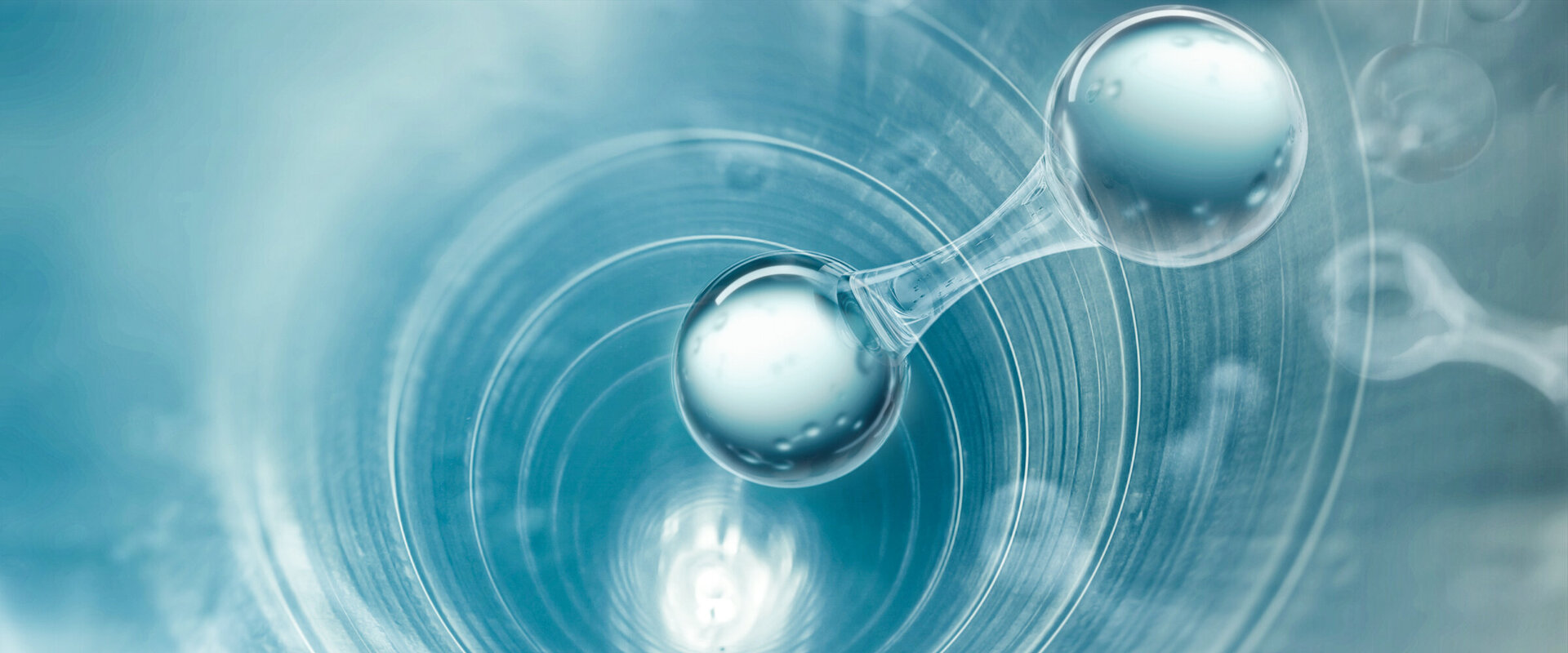Network operators plan to jointly develop hydrogen transport in the North Sea.
Kassel/Hanover. In order to enable hydrogen transports between Norway and Germany, Gassco AS (Gassco) and GASCADE Gastransport GmbH (GASCADE) signed a memorandum of understanding with the goal to transport hydrogen via pipeline in the North Sea. The agreement has been signed today at the “Hannover Messe”. The cooperation between the two network operators is embedded in the strategic partnership in the fields of climate, renewable energy, and green industry of the Norwegian and German Government.
On the Norwegian side, Gassco is developing the transport infrastructure for exporting hydrogen produced in Norway to Germany. On the German side, GASCADE is developing the offshore hydrogen pipeline AquaDuctus in the North Sea for interconnecting adjacent offshore pipelines and providing the downstream connection to Germany. The goal of the planned cooperation is to ensure an efficient and coherent planning of the projects. By doing this the companies want to ensure hydrogen transportation between Norway and Germany from 2030 onwards.
“AquaDuctus will provide a new hydrogen transport infrastructure for the German part of the North Sea enabling imports into Germany", says GASCADE’s Managing Director Christoph von dem Bussche. “The cooperation with Gassco depicts the need for an open-access hydrogen infrastructure in the German North Sea to connect adjacent offshore infrastructure as provided by AquaDuctus. Our common target is to align interfaces, achieve synergies and to develop joint opportunities between the projects to be able to take up hydrogen volumes from Norway as of 2030”, he reaffirms. “We are strengthening the supply side and answering the question of where the hydrogen demanded for the energy transition should come from – both in substantial quantities and on competitive conditions.”
AquaDuctus consists of an offshore pipeline throughout the German North Sea landing in the area of Wilhelmshaven, Germany from whereon an onshore pipeline continues to Bunde located at the German-Dutch boarder to provide connection to the downstream hydrogen network. AquaDuctus will be capable to connect adjacent offshore pipelines as well as productions sites of green hydrogen (e.g. from offshore wind) along its way. "By creating the infrastructure required for transportation, we are making our contribution to the hydrogen market ramp-up", Christoph von dem Bussche elaborates on the goals of GASCADE. "AquaDuctus will become the German import route for offshore hydrogen via the North Sea corridor."
AquaDuctus has been awarded both European IPCEI and PCI status by the EU Commission. This confirms the European significance of the project and enables, among other things, state funding. Currently GASCADE is awaiting the formal confirmation from national authorities for early works-start. AquaDuctus is also part of the draft of the German hydrogen core network.






